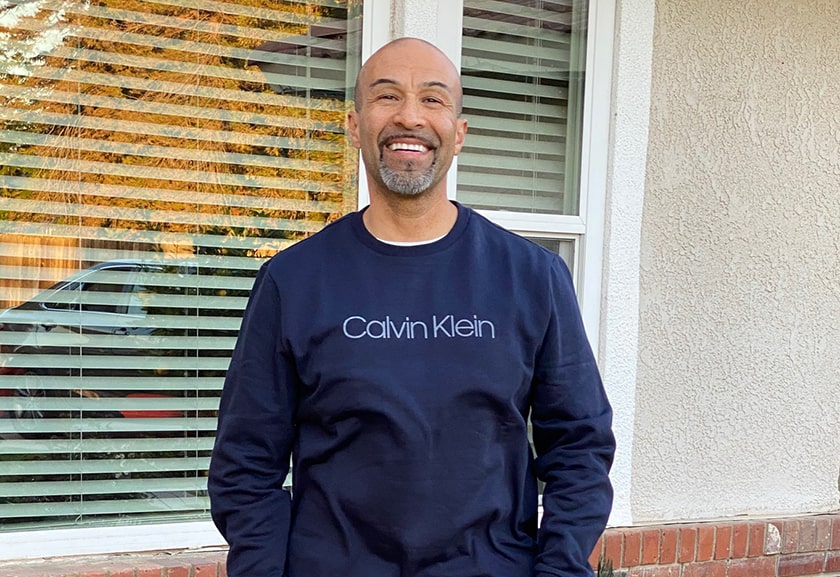
The generosity of strangers helped Oscar Rosales stay connected—and changed his life mission.

The generosity of strangers helped Oscar Rosales stay connected—and changed his life mission.
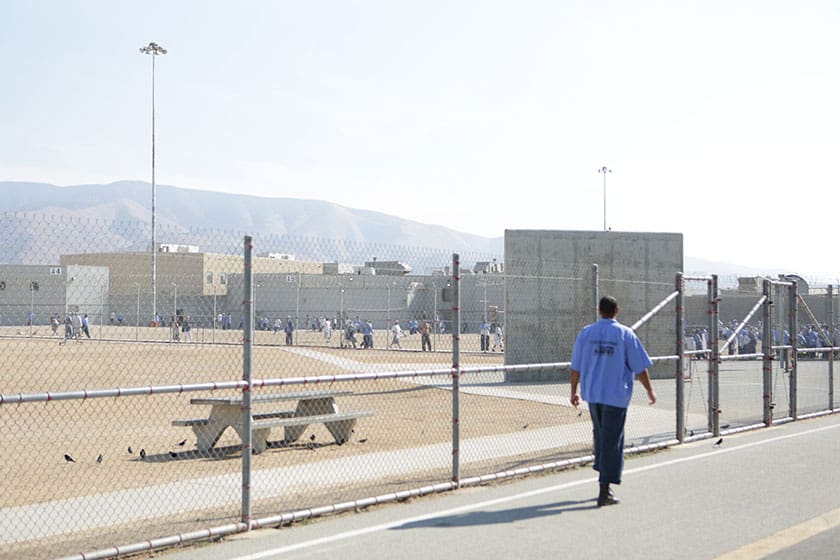
There’s no such thing as a throwaway person, not even prisoners serving a life sentence. Behind bars, “lifers” are finding a second chance.
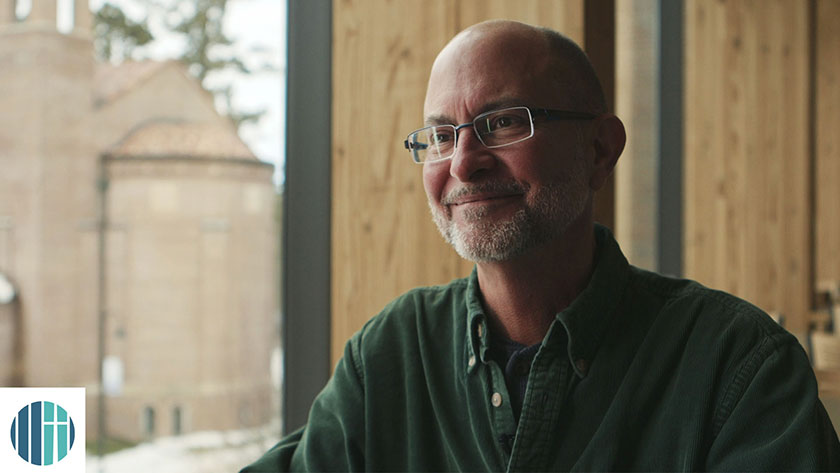
Chad found wealth and success after prison, but he didn't have the character he needed to keep it. Which is why one day he found himself once again dressed in a prison jumpsuit on his way to Angola.
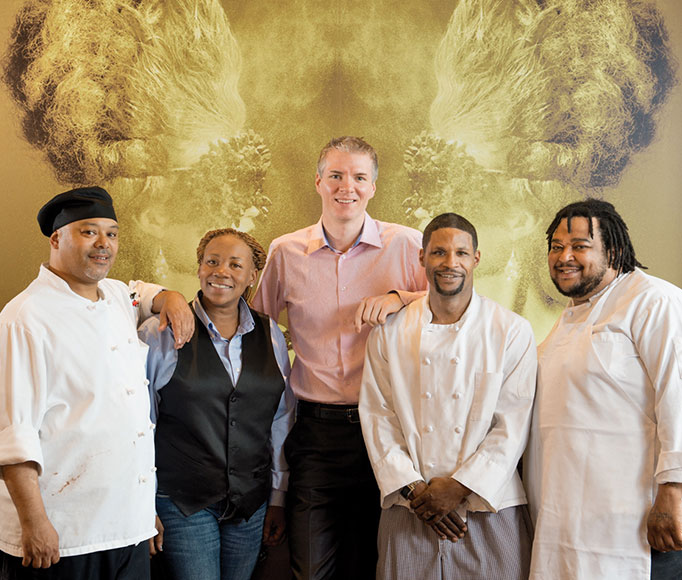
Brandon Chrostowski is on borrowed time and making the most of his second chance with EDWINS, a fine-dining restaurant staffed by the formerly incarcerated.
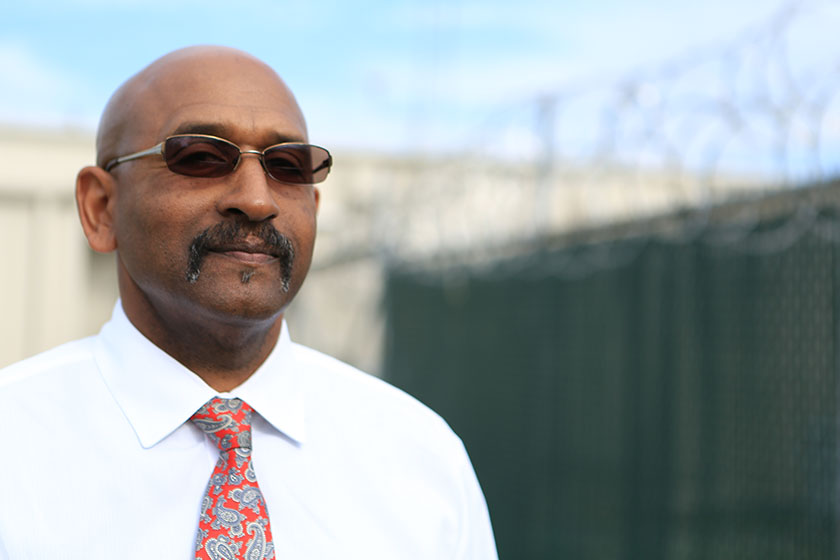
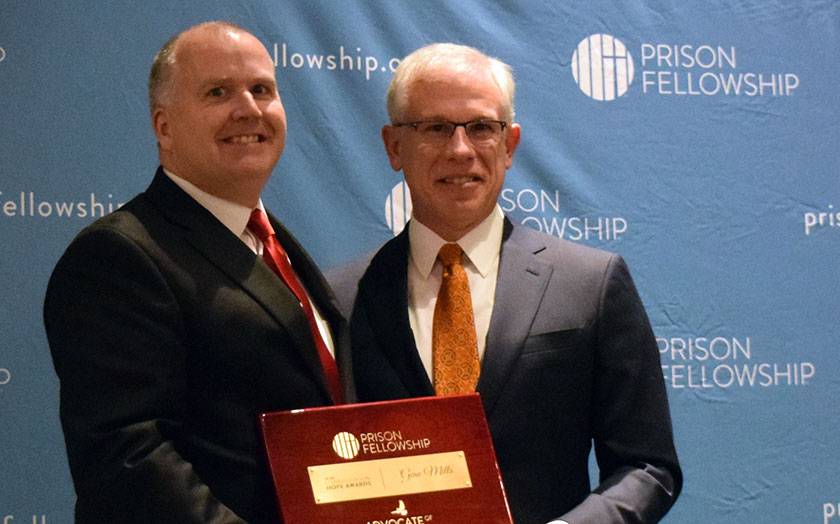
Prison Fellowship presents Gene Mills with the 2017 Charles Colson Advocate of Hope Award for his role in advancing criminal justice reform in Louisiana.

Prison Fellowship® continues to advocate for justice that restores. As Prison Fellowship gears up for Second Chance Month in April, we thank you for your support as we continue to advocate for justice that restores. We're excited about what's happening across the country.

Ronal Sherpas identifies himself as a conservative, law-and-order type. The current professor of criminology at Loyola University in New Orleans previously served as police chief in both Nashville and New Orleans, and has spent over 34 years in law enforcement.
But when it comes to creating an effective strategy to reduce crime, Sherpas’ approach to reducing crime might not be what most people would imagine from a “tough on crime” career police officer.
Jacobia Grimes has a history of petty theft. Having previously been arrested five times for small-time robberies (and several other times for other low-level crimes), Grimes certainly had to expect that he would be facing some sort of punishment when he was caught stealing $31 in candy bars from a Dollar General store in Louisiana last December.

Statistically speaking, the Central City neighborhood in New Orleans is one of the most crime-plagued communities in the country. It has one of the highest rates of violent crime in the Crescent City, and is the most incarcerated neighborhood, in the most incarcerated parish, in the most incarcerated state per capita in the nation.
A version of the following post originally appeared on the Justice Fellowship website.
It was the most unlikely—and remarkable—of alliances.
An Episcopalian priest sat on a panel with a recovering alcoholic. The progressive-liberal American Civil Liberties Union (ACLU) shared the stage with a Republican strategist.
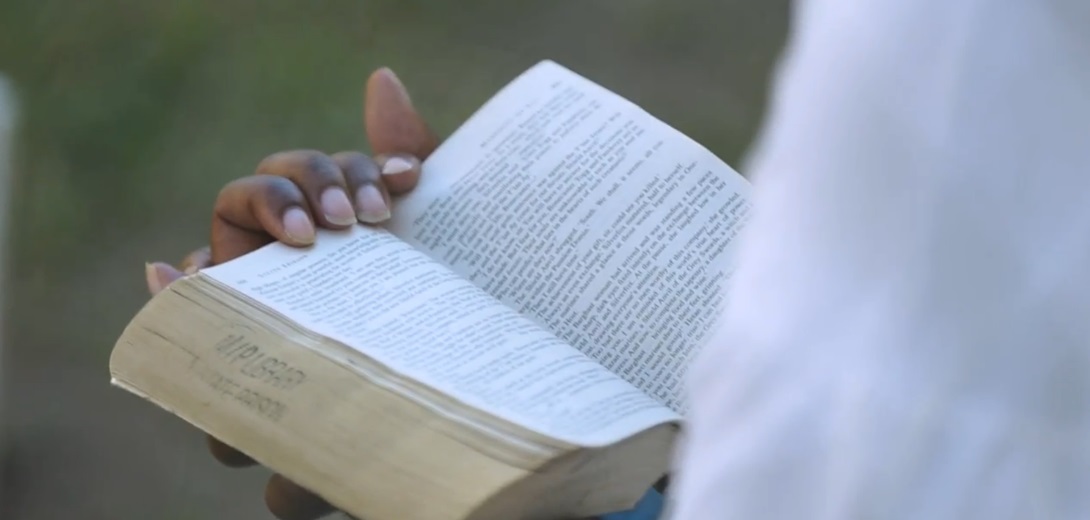
“The Louisiana State Penitentiary in Angola is one of America’s most unusual prisons.”
Thus begins Atlantic reporter Jeffrey Goldberg’s report on the facility once referred to as “the bloodiest prison in America.” The comment initially refers to the 18,000 acre property’s previous existence as a southern plantation purchased with slave trade proceeds, but as the video makes clear, the uniqueness of Angola goes well beyond it’s history.
Much has been written in this blog about Warden Burl Cain. (See here, here, and here for examples). During his nearly two decades at the Louisiana State Penitentiary at Angola, the prison has shed its reputation as the “bloodiest prison in America,” and has become a model for other prisons seeking to reduce violent assaults among prisoners.
For the last 20 years, the Willow Creek Association has presented the Global Leadership Summit, a two-day event that brings together leaders from both the business and church spheres. This year the event was broadcast via satellite to over 300 venues around the world – including three locations not often considered for their leadership potential.
New Year’s resolutions tend to focus on self-improvement. Lots of us are going to give up television or take on a new exercise program. Most resolutions are all about chipping away at some aspect of our imperfection.
There’s nothing wrong with improvement.
Restoration Partners give monthly to bring life-changing prison ministry programs to incarcerated men and women across the country.
JOIN NOW